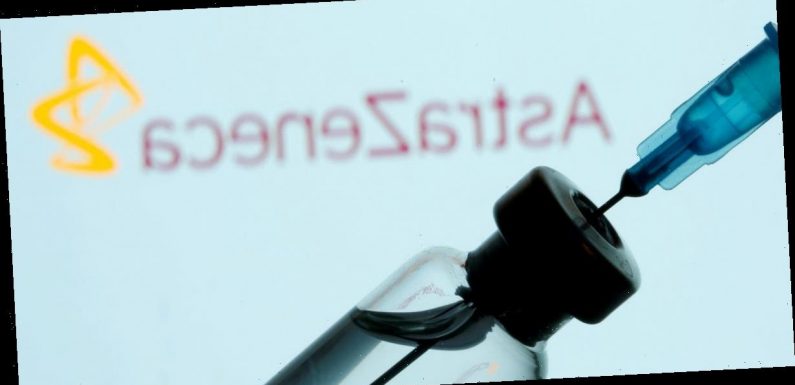
- AstraZeneca said its shot offers only limited protection against the South African COVID-19 variant.
- The news is based on early data from a trial of 2,026 predominantly young healthy adults.
- An AstraZeneca spokesman said the drugmaker is adapting its vaccine against the variant.
- Visit the Business section of Insider for more stories.
(Reuters) – British drugmaker AstraZeneca said on Saturday its vaccine developed with the University of Oxford appeared to offer only limited protection against mild disease caused by the South African variant of COVID-19, based on early data from a trial.
The study from South Africa’s University of the Witwatersrand and Oxford University showed the vaccine had significantly reduced efficacy against the South African variant, according to a Financial Times report published earlier in the day.
Among coronavirus variants currently most concerning for scientists and public health experts are the so-called British, South African and Brazilian variants, which appear to spread more swiftly than others.
“In this small phase I/II trial, early data has shown limited efficacy against mild disease primarily due to the B.1.351 South African variant,” an AstraZeneca spokesman said in response to the FT report.
Read more: AstraZeneca says it’s developing a ‘next generation’ COVID-19 vaccine to target fast-spreading variants, and it could be ready by Autumn
The newspaper said none of the more than 2,000 trial participants had been hospitalised or died.
“However, we have not been able to properly ascertain its effect against severe disease and hospitalization given that subjects were predominantly young healthy adults,” the AstraZeneca spokesman said.
The company said it believed its vaccine could protect against severe disease, given that the neutralizing antibody activity was equivalent to that of other COVID-19 vaccines that have demonstrated protection against severe disease.
The trial, which involved 2,026 people of whom half formed the placebo group, has not been peer-reviewed, the FT said.
While thousands of individual changes have arisen as the virus mutates into new variants, only a tiny minority are likely to be important or change the virus in an appreciable way, according to the British Medical Journal.
“Oxford University and AstraZeneca have started adapting the vaccine against this variant and will advance rapidly through clinical development so that it is ready for Autumn delivery should it be needed,” the AstraZeneca spokesman said.
On Friday Oxford said their vaccine has similar efficacy against the British coronavirus variant as it does to the previously circulating variants.
(Reporting by Derek Francis in Bengaluru; Editing by Timothy Heritage, Daniel Wallis and David Gregorio)
Get the latest coronavirus business & economic impact analysis from Business Insider Intelligence on how COVID-19 is affecting industries.
Source: Read Full Article